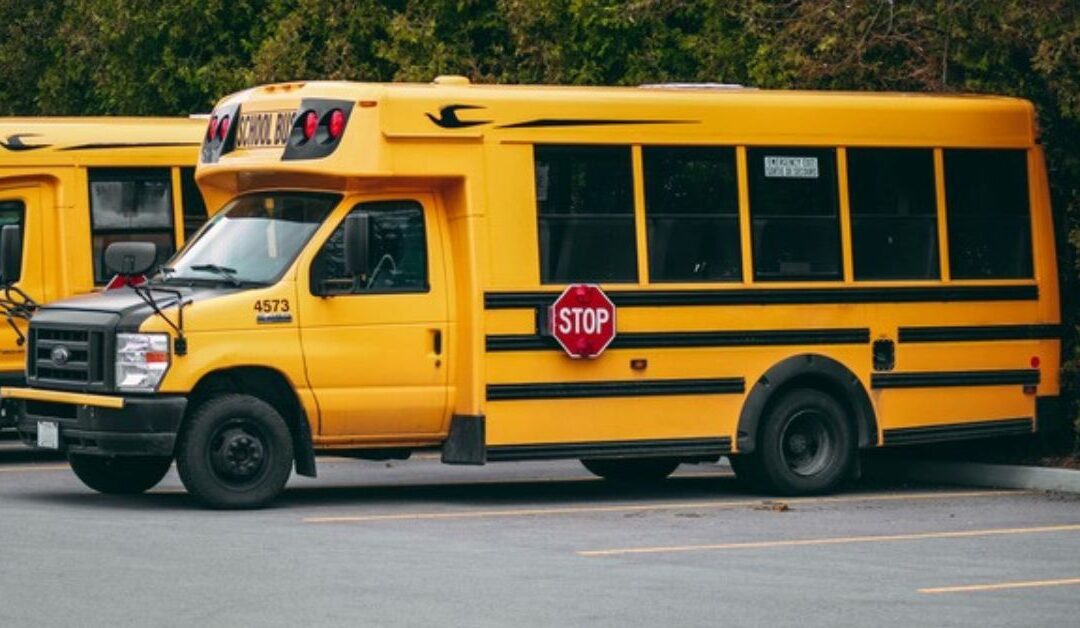by Arden Henley
California’s Oakland Unified School District is the first major district in the United States to transition to 100 percent electrified buses, transporting 1,300 students to and from school every day. But Oakland’s new school buses don’t just reduce pollution — they function as giant batteries. This new fleet of buses, manufactured by a company called Zum, can send power back to the grid, stabilizing it instead of stressing it.
Zum school buses are fully electric replacing diesel-burning buses that pollute the air with noxious smoke and particulate matter. Pollution from buses and other vehicles contributes to chronic asthma and many other health conditions. In many cities worldwide, underserved areas tend to be closer to freeways and industrial activity, so air quality in those areas is already compromised.
The buses’ massive batteries do not cause more demand on the grid because they are equipped with vehicle-to-grid technology, or V2G. This technology enables them to charge their batteries by plugging into the grid, but also send energy back to the grid when the system needs extra power. These school buses are an energy as well as a transportation provider, contributing to a distributed network of batteries on wheels for a utility to draw on when demand spikes.
Demand on the grid spikes in the late afternoon, when everyone returns home and starts using appliances. School buses are perfectly suited for a supportive role because they operate on a fixed route and schedule. This makes it possible to predict what energy is required for their operation and to add additional energy when charging during low demand periods. In the afternoon, Zum buses deliver children to their stops then plug back into the grid contributing their extra power during peak periods. Later in the evening and during the night when demand on the grid wanes the buses charge up. On weekends and holidays electric buses are available as backup power for the grid.
For a more detailed information consult this article in Grist magazine (Matt Simon, August 29, 2024).
Read other articles on climate change, sustainability, education, and more from GTEC’s Communication & Media (formally GTEC Blog)!

